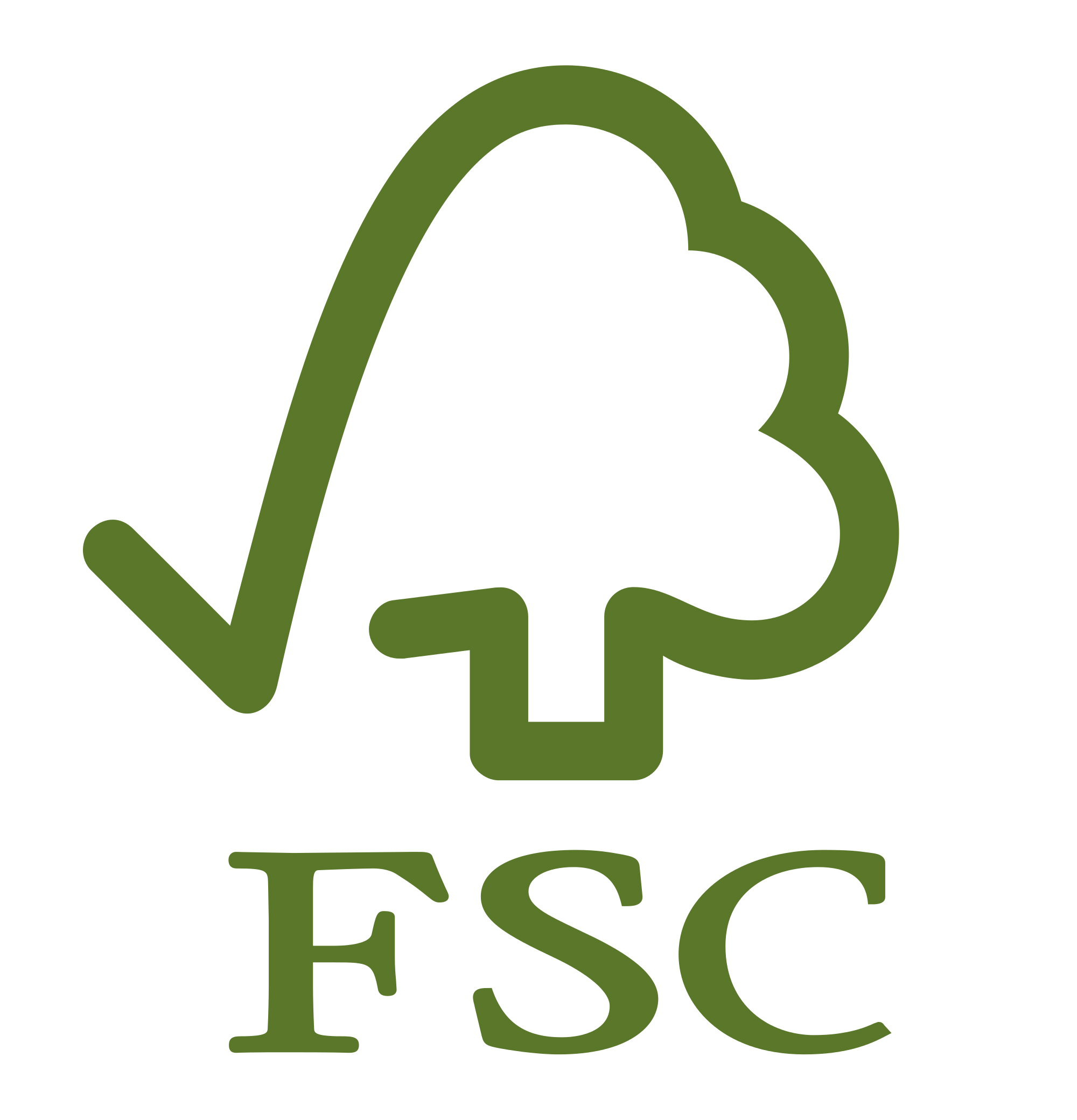The Forest Stewardship Council (FSC) is an independent, non-profit, non-government organization that was founded in 1993 by a diverse group of representatives from environmental institutions, the timber trade, forestry professionals, indigenous peoples’ organizations, community forest groups, and forest product certification organizations from 25 countries.
The FSC was created as an international accrediting organization to ensure public credibility and rigorous standards of forest product labels in the marketplace. Without the FSC to evaluate and monitor certifiers, product claims about forest management would eventually lead to a loss of public credibility and trust in the reliability of forest product certification.
The FSC defines forest stewardship in a set of Principles and Criteria for Forest Management. The Principles and Criteria are the basis by which all certifiers are evaluated for accreditation. Consumers buying products with an FSC label can be assured that their purchase comes from a forest which has been managed according to FSC Principles. An example of the type of problem that can occur resulting from confusion regarding certified forest products is shown in the following letter to California architecture firms from Robert J. Paternoster, Director of the Queensway Project in the City of Long Beach, CA.
I am writing to share with you a recent experience of the City of Long Beach in the procurement and use of tropical rainforest hardwood. Hopefully, this information will help you and your clients avoid similar problems in the future.
The City of Long Beach recently built and opened a new downtown waterfront attraction called Rainbow Harbor. The project was designed by a team led by Ehrenkrantz Eckstut & Kuhn of Los Angeles. Early in the planning process, it was decided to use a South American tropical hardwood known as ipe for the floating docks and for a portion of the 2000-foot pedestrian esplanade around the Harbor. The wood was chosen for its beauty and its known durability.
The City and our design team shared a concern that the hardwood be harvested in a manner which would not do permanent damage to the tropical rainforests in which it grows. To achieve this objective, our designers recommended a certification process recognized by the International Timber Trade Organization.
As the project was nearing completion, the City was approached by several environmental organizations who informed us that the only tropical hardwood certification process which is widely accepted in the environmental community is one promulgated by the Forest Stewardship Council (FSC). The organizations asked the City to cancel its existing hardwood order and replace it with products certified according to the FSC standards. Unfortunately, most of the wood (77 percent) had already been cut and shaped to the specifications of our project. The City did cancel the remaining order and substituted wood which met the FSC standards. This resulted in both increased cost and delay in project completion.
The City also adopted the following tropical hardwood purchasing policy in an attempt to ensure that future purchases of tropical hardwoods are property certified for the protection of our environment:
It is the policy of the City of Long Beach that, in order to protect the earth’s tropical rainforests, any tropical hardwood products purchased by the City or by its contractors shall be certified by an organization accredited by the Forest Stewardship Council or by its successor organization as sustainably harvested. The City Manager is directed to implement this policy.
The City of Long Beach has a long record of environmentally friendly policies, and we are pleased to have worked in cooperation with local environmental organizations to further improve that record. We encourage your firm to follow similar policies when your work calls for the use of wood products from the tropical rainforests.
